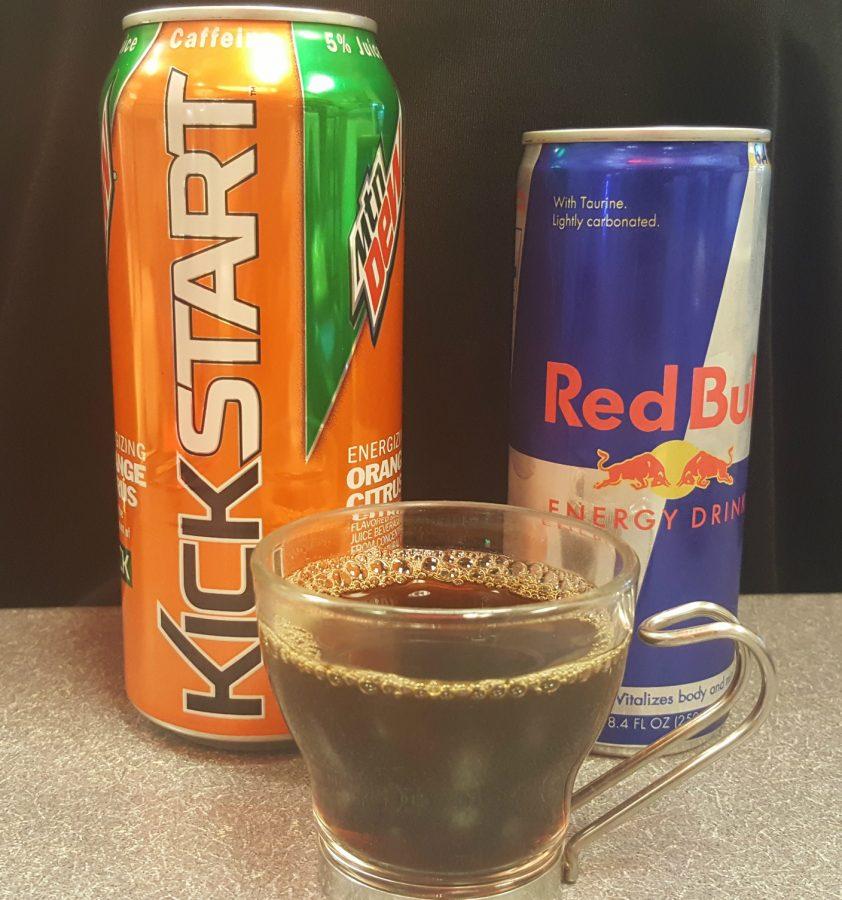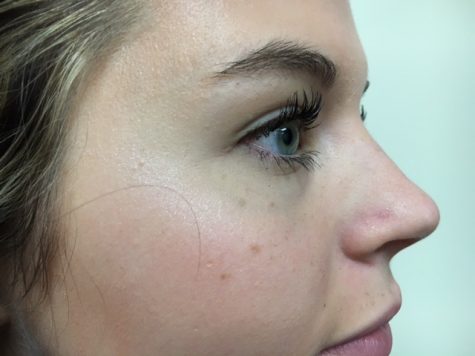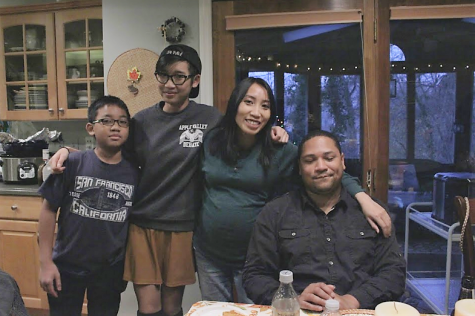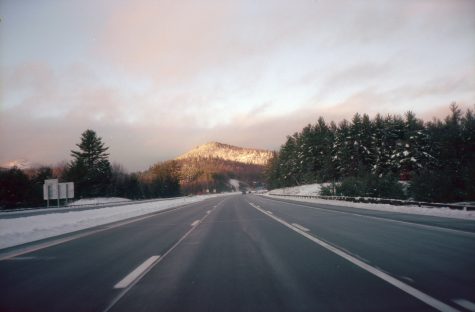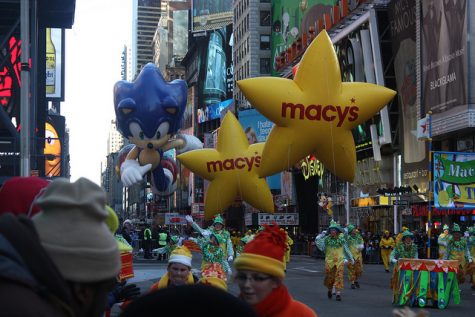Finding a Better Caffeine
Some of the most popular caffeine options for students.
Coffee: a warm delicious alternative to hating everybody every morning forever. Coffee: the solution to everything.
AVHS student Alyssa Kremer says, “Coffee is an easy way to get fake energy and beats the taste of healthy foods. Caribou is right around the corner as well so it makes it easy to just say, ‘I will stop by there on my way to work.’”
Energy drinks are better tasting alternatives to some. South Minneapolis senior Ryan Skow says, “Monster is just cheaper than coffee, bigger cans and better tasting by far.”
What makes everyone so addicted to coffee and energy drinks? Caffeine. This simple ingredient boosts everyone’s day and makes them feel more alive…but they may not realize the harm it does to their bodies.
In a regular cup of coffee there are 130 mg of caffeine; that’s like drinking almost three bottles of Mountain Dew. The average consumption in the United States is 3.2 cups per day. Energy drinks also have high amounts of caffeine and other sugars that aren’t good for the body. Monster Energy drinks have 86 mg of caffeine alone…but also have a whopping 27 grams of sugar. While they may have less caffeine than coffee, but they are still incredibly bad for you.
Research has found that high intakes of caffeine start to raise your blood pressure and increase the chance of having a heart attack at a young age by three times. The same study also revealed it reduces the chances of becoming pregnant by up to 27%.
Not only that, but according to an article published by BBC news, “caffeine increases the contractions to the heart more forcefully and can potentially be harmful for you in the future, especially with people of irregular heart beats.”
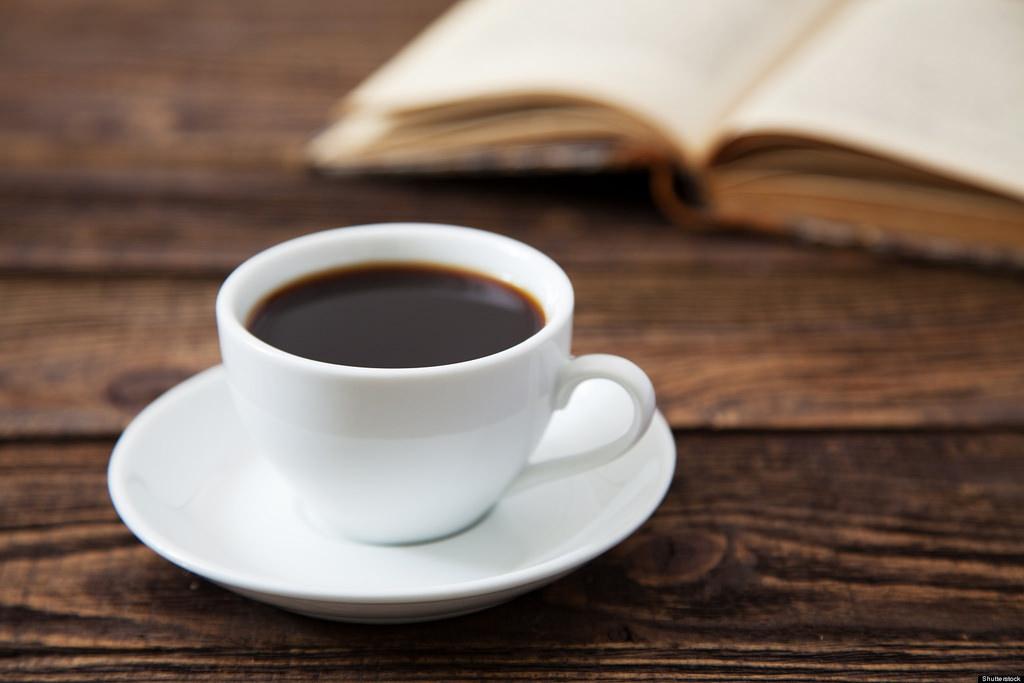
Before you reach for coffee, consider some healthier caffeine alternatives.
One common thing humans share is if they don’t receive their daily intake of caffeine, they develop severe headaches. This is because caffeine actually alters your brain! The natural chemical in your brain called adenosine is what makes you feel tired. Caffeine fits into the adenosine receptors in your brain, making you feel awake. But over time your brain develops more of these receptors to make up for the adenosine left out because of the caffeine, therefore giving you a headache if you don’t get your daily caffeine intake.
Thankfully, there are alternatives to coffee, some more shocking than others:
- Drinking a smoothie or going to sleep early are simple alternatives to coffee that don’t require much thought.
- Dark chocolate, surprisingly, is a better fit simply because it has 18 grams of caffeine compared to the 130 grams in a cup of coffee. Also, bittersweet types are richer in healthy antioxidants.
- Tea is another alternative with either greatly reduced caffeine levels, or no caffeine at all. Tea also has well-known minerals and B vitamins which help create energy from the foods you eat. It can be enjoyed hot or cold, similar to the coffees we drink today.
- Also, daily exercise can help energy levels by sending oxygen nutrients to your body cells that give them a boost, and make you feel more awake.
- Simply standing up and walking around for a couple of minutes gets your muscles and heart rate going, awakening your mind and body.
If you start your new way of handling caffeine and finding an alternative that suits you, you won’t have to worry about future risks to your health. You don’t have to be depresso if you didn’t have your espresso.



